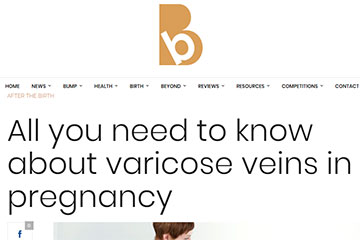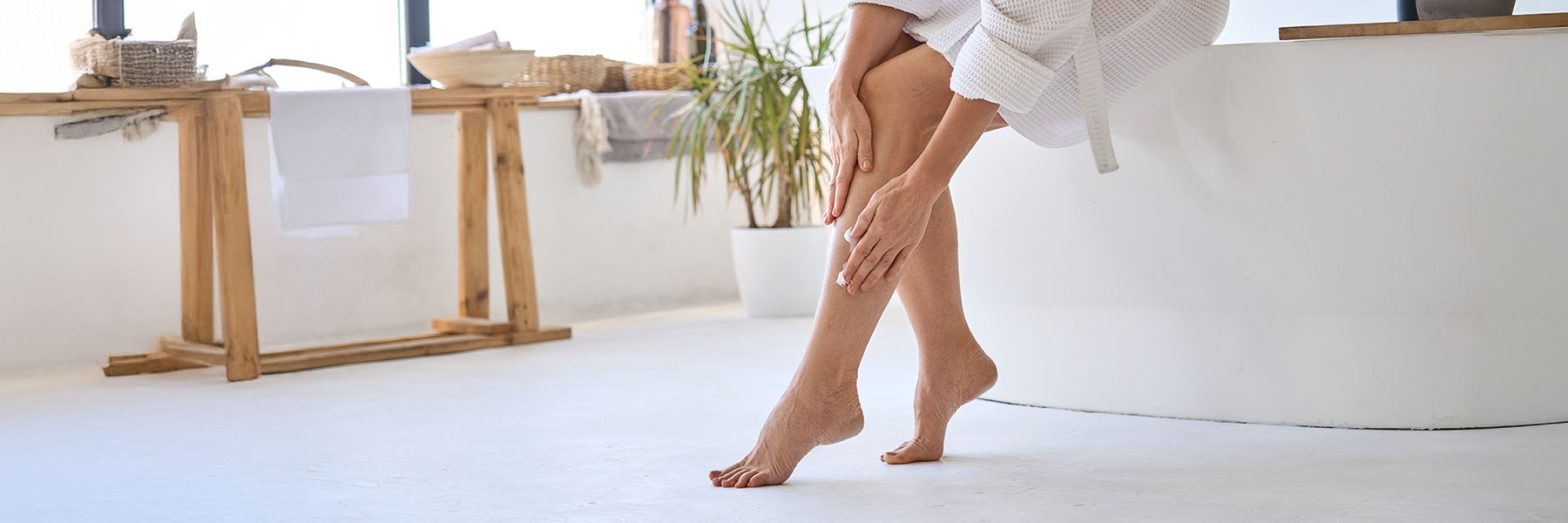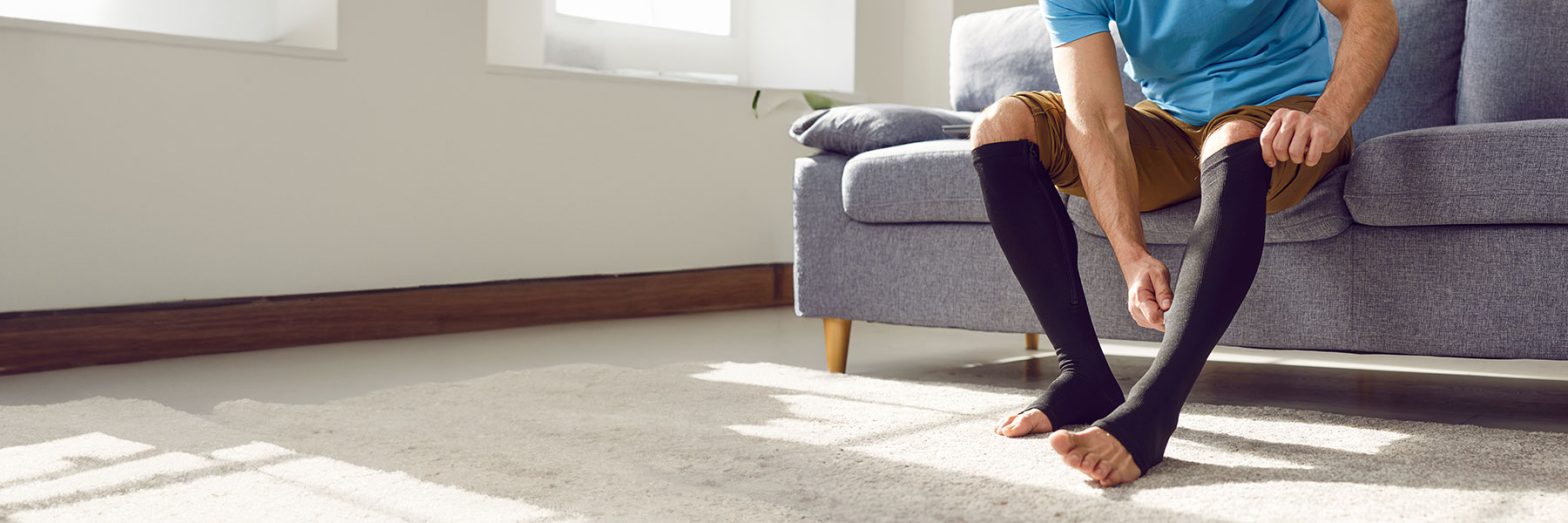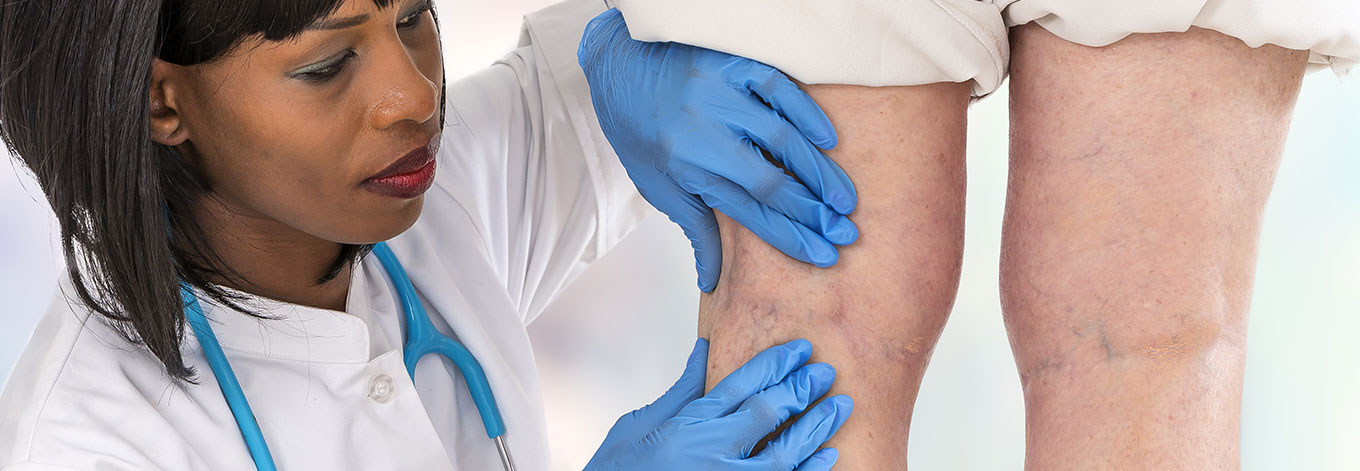
All you need to know about varicose veins in pregnancy
VEINS
B Baby Magazine
We speak to Mr Dynesh Rittoo, Vascular Surgeon at The Private Clinic of Harley Street, who tells you need to know about varicose veins in pregnancy.
What are varicose veins and why do they develop?
Varicose veins are swollen and enlarged veins which have become widened, lumpy and twisted. They are usually blue or dark purple in colour and typically occur under the skin of the legs. These varicose veins occur because the valves in our legs stop working properly. As a result, when we stand up the blood in our legs will fall down the veins, rather than flowing upwards towards the heart. The condition is very common and thought to affect roughly one in four people.
The biggest contributing factor to the development of varicose veins is genetics. That means that if your parents or grandparents suffered from the condition, then there is a much greater chance that you will also develop them.
Most people are under the impression that varicose veins only affect the older, female population. In fact, the condition can affect both men and women of any age, even those in their late teens. Having said that, the incidence of varicose veins does increase with age because your veins start to lose their elasticity and the valves inside them stop working as well.
Why are you more likely to develop varicose veins during pregnancy?
When you are pregnant you are at a much higher risk of developing varicose veins, as the weight of the growing baby puts added pressure on the veins in your pelvis. This makes it harder for the blood to flow and therefore increases the likelihood of you developing varicose veins.
As well as this, during pregnancy, there is more blood circulating around your body to help with the development of the baby, also increasing pressure on your veins.
Is there anything that I can do to prevent them from forming?
There is very little evidence to suggest that you can stop varicose veins forming, particularly when you are pregnant. However, there are a series of simple measures that you can take to ease the symptoms of existing veins. These include, avoiding standing or sitting for too long, avoiding crossing your legs, wearing support stocking, taking breaks throughout the day to raise legs on pillows to ease any pain or discomfort, as well as taking regular exercise, which will help by improving circulation, causing the blood to flow smoothly.
How can they be treated?
The treatment of varicose veins has come a long way since to the days of invasive vein removal procedures performed under general anaesthetic and we now treat varicose veins with a minimally-invasive method called Endovenous Laser Ablation (EVLA).
EVLA is a more effective, and less intrusive, alternative to vein stripping. Vein stripping is a major surgical procedure, usually requiring a general anaesthetic, which involves incisions being made in the groin or behind the knee. The surgery is often painful and can require the patient to take up to two to four weeks off work. It can also cause excessive bruising. Research has also shown that open surgery (stripping) means a high recurrence rate of more than 25%.
EVLA, however, works to remove varicose veins and the discomfort caused by their presence, without the need to undergo a surgical stripping process.
An ultrasound scan is used to mark the position of the veins. Local anesthetic is then injected around the vein to ease any discomfort. A fine probe is then inserted through a very small incision, usually just below the patient’s knee. Next, a protective solution with local anesthetic is instilled around the vein with laser fibre, to protect the surrounding tissues. This is followed by delivery of laser energy in a continuous manner to seal the faulty vein so that blood can no longer flow through it. The leg is then fitted with graduated compression stockings to prevent recanalization and reduce pain, subsequent swelling and bruising.
It is important to remember that in some cases, your varicose veins will improve significantly after child birth, so I would always advise waiting until after you have given birth to undergo any form of treatment or surgery.
For more information or to book a consultation with Mr Dynesh Rittoo, Vascular Surgeon at The Private Clinic of Harley Street, visit www.theprivateclinic.co.uk







